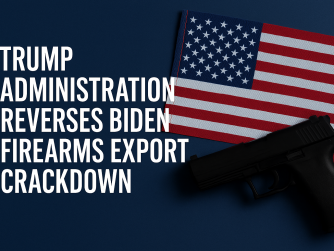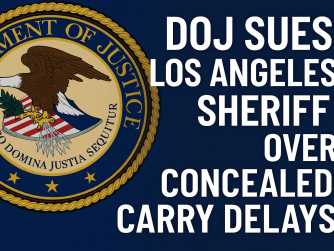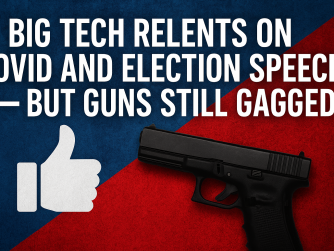In a decision that has stirred frustration and disbelief among Second Amendment advocates, the U.S. Court of Appeals for the Fourth Circuit ruled 2–1 to uphold a federal law that bans the sale of handguns to Americans under the age of 21. The ruling reinforces a provision of the 1968 Gun Control Act, effectively barring 18-, 19-, and 20-year-olds—legally recognized as adults in nearly every other respect—from exercising a fundamental constitutional right.
This decision is a direct challenge to the spirit of Bruen—the 2022 Supreme Court decision that reaffirmed the right to bear arms under a historical and textual interpretation of the Second Amendment. For gun rights supporters, the Fourth Circuit’s move is not only constitutionally unsound, but deeply patronizing. The court acknowledges that 18-year-olds can vote, enlist in the military, and be held fully responsible in criminal court—yet somehow they can’t be trusted to purchase a handgun for self-defense?
Judge Julius Richardson, the lone dissenter, got it right. In his dissent, he emphasized that the Constitution does not grant rights selectively based on age, and that the government failed to present a compelling historical tradition of restricting arms from young adults. His argument echoes what many gun owners have long said: rights delayed are rights denied.
The most alarming part is the inconsistency. At 18, Americans are considered adults. They can own rifles and shotguns, drive commercial vehicles, sign contracts, get married, and go to war. But when it comes to handguns—a preferred tool for home defense and concealed carry—they’re treated like children.
This decision sets up a direct circuit split with the Fifth Circuit, which struck down a similar age-based restriction in 2023. That makes this an increasingly ripe issue for the Supreme Court to take up. If the Court is serious about defending Bruen’s originalist framework, it must act—and soon.
For those who believe in the individual right to bear arms, this ruling is more than a legal setback. It’s a chilling reminder that courts can still treat constitutional rights as privileges to be rationed. And that is exactly what the Second Amendment was written to prevent.







